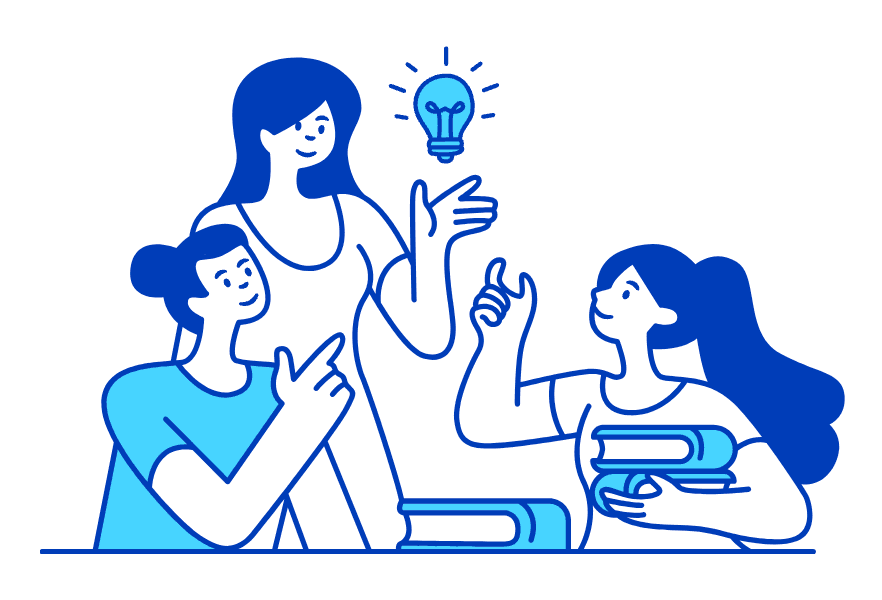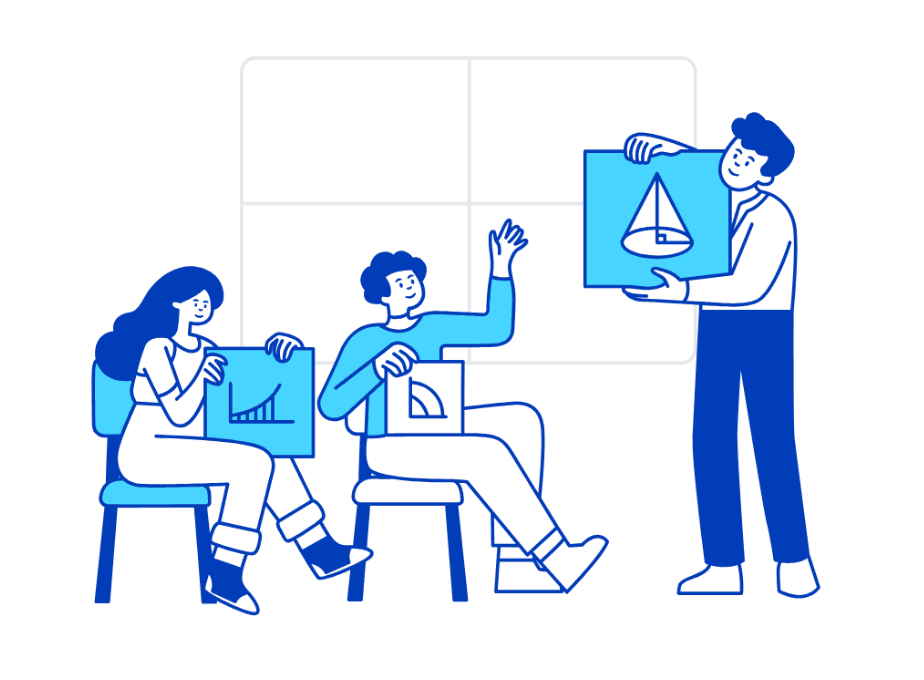Our Proven Method
Prospective Major Selection
One of the cornerstones of our method is helping students develop a prospective major and identify a college type as early as 9th grade. This is not only a strategic exercise, aimed at giving students the highest chances of being accepted at a competitive university, but also a way to help students start to engage with their future and think about various career paths, something traditional high school curricula lack. Of course, students may change their minds about majors and career paths later on, but starting to think about this early allows students to further develop their interests and to start crafting a personal narrative.

In-School Engagement
Once student have a prospective major or majors in mind, it's important to think about what classes, clubs, and extra-curricular activities you'd like to participate in. To maximize the number of high level courses you can take within the subjects that are key to your prospective major, you have to start planning early. Similarly, we work on a plan to move into leadership positions and seek out academic challenges in various activities that align with the student's interests and overall narrative.

Out-of-School Engagement
Our coaches work with students to identify after-school activities, summer opportunities, internships, paid jobs, entrepreneurial projects, research projects, publication opportunities, competitions, and more. With careful planning starting as soon as possible, this is another area that can help set students apart from other applicants. Not all out-of-school engagement is the same and our coaches take a personalized approach to choosing the best path to help develop every student.

Local, Project-Based Learning
By 10th or 11th grade, many of our students are ready to delve deeper into their interests and we help them find exciting areas for self-study. Most projects help students become engaged and informed about their community while gaining valuable skills, like academic research, business-planning, and investigative investigative journalism approach. Self-study and the development of locally-relevant research topics help students form more mature perspectives about the world, therefore becoming more college-ready.

Ethos & Mentorship
Our college admissions approach is ethos-driven, helping students understand their strengths and interests from the beginning of high school. With the proper coaching and support from valuable mentors, students develop and strong sense of self, an authentic narrative, and an impressive resume, along with the prerequisite good grades and test scores. These achievements evidently stand out on any college application.









